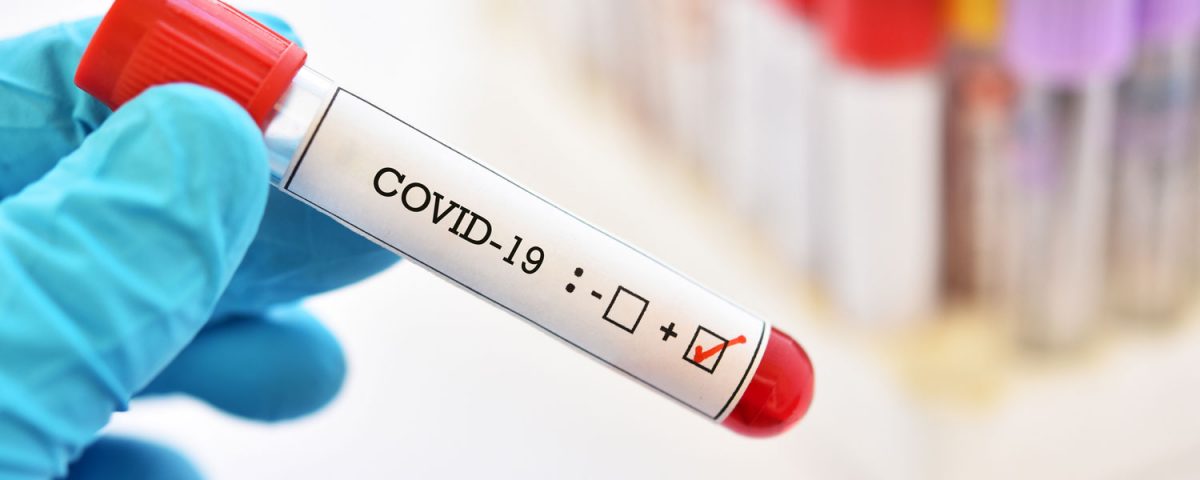Three Major Types of COVID-19 Testing
5 Benefits Of Drug Screening Current Employees
April 28, 2020
How Can DNA Paternity Testing Help You
June 23, 2020The novel coronavirus or simply COVID-19 has caught the whole world off guard, taking the lives of many and ruining economies all over the globe. Until a 100% approved antiviral drug or a fully-developed vaccine is found, countries should implement strict social distancing protocols and aggressive mass testing to flatten the curve. To get a better idea of how COVID-19 testing works, here’s everything you need to know:
What Are the Types of COVID-19 Testing?
Although a lot of scientists and clinical researchers have developed their own method for COVID-19 testing, there are three leading types of screening that are used by most countries. Here’s what you need to know about them:
Antigen Test
This type of testing is done by collecting nose and throat secretions. It is mainly used to identify if a person has active infections and does not directly diagnose the presence of COVID-19. Although it cannot entirely confirm if a patient has indeed caught the COVID-19 pandemic, it is still helpful in identifying people who are currently sick and need more tests.
Antibody Test
Unlike with the antigen testing, antibody test results do not tell if a person has a present infection in his or her body. Rather, it is used to identify if an individual has previously been infected with COVID-19. This is because it takes up to seven days before one develops antibodies from a recent virus. With this type of test, the samples are collected through drops of blood on the patient’s finger.
And even if someone tested positive in an antibody test, this does not directly imply that the patient will become immune to COVID-19 as there have been a number of recorded reinfection cases. The results for the antibody tests usually come out within a few minutes.
PCR or Polymerase Chain Reaction Test
Among the previous types, PCR testing is considered to be the most used method of detecting if a patient has COVID-19. Similar to the antigen test, the samples for PCR testing are also collected through swabbing of one’s nose and throat.
After the secretions have been collected, the clinical researchers then find out if the swabs have a present viral genetic material. It can take several days for the result of the PCR test to come back. This is why it is recommended for a person who has persisting COVID-19-like symptoms to be isolated until the results are back so that he or she doesn’t spread the virus to other people.
Turn to Drug Screen Compliance
As of today, aggressive mass testing is one of the most useful strategies in attempting to flatten the COVID-19 pandemic curve. So, if you want to have your employees, your family, or your entire neighborhood tested, don’t hesitate to contact Drug Screen Compliance.


